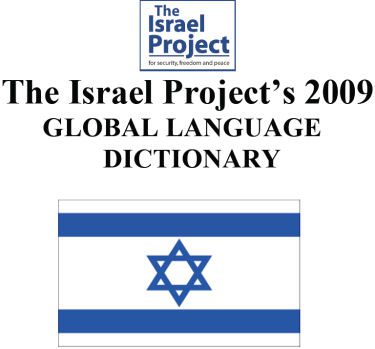A new report by Amnesty International documents the extent of government repression in Honduras in the wake of a military backed coup that forced democratically elected President Manuel Zelaya sent into exile. An Amnesty team visited a police station in the Honduran capital of Tegucigalpa to record testimony from seventy-five Zelaya supporters who had been detained by military supported police at a peaceful July 30 rally. Most of the detainees had visible injuries, the aftermath of assaults by stone throwing, baton wielding police.
The protesters reported that they were attacked and beaten by police, backed by military units, while demonstrating for the return of Zelaya. Protesters saw their recording equipment confiscated by police as they were rounded up and brought to the police station. One demonstrator reported police telling him "[w]hether it’s by choice or by force, you have to be with this government” before beating and detaining him. One of ten students being held from the march recalled
The police were throwing stones, they rounded us up, they threw us face down on
the ground and they beat us – there are people with fractures, with head wounds,
they beat us on the buttocks.They stole our cameras, they beat us if we raised
our heads, they beat us when they were getting us into the police cars. They said
“Cry and we’ll stop”
Some of the police used to suppress demonstrations wore bandannas, while all lacked any visible identification and referred to each other using nicknames, making identification of involved individuals impossible.
The
19 page report reports that at least two protesters, nineteen year-old Isis Obed Murillodied and schoolteacher Roger Abraham Vallejohave, were killed by gunfire from police, female demonstrators have been sexually assaulted, while hundreds others have been beaten, arbitrarily detained, and held without charges as the
de facto authorities have deployed soldiers and elite police units to suppress dissent, all in violation of international covenants to which Honduras is a party.
In addition to police unites the
de facto government as deployed soldiers in the suppression of dissent. Soldiers backing police action against protesters were reported to have yelled incitements to police attacking protesters. Military roadblock have also been used to restrict freedom of movement outside of Tegucigalpa and frustrate the work of journalists and human rights workers.
A series of separate reports by the group
Reporters Without Borders reports that journalists have been particularly targeted by the coup regime. “By suspending or shutting down the operations of certain local and international broadcast media, those who staged the coup have shown they clearly want to cover up what is going on. We urge all sides to respect press freedom,” commented the media rights group. The coup leaders blocked transmissions from certain radio and TV stations the day of the takeover and provided others with lists of foreign programs which they would not be allowed to air. Violence against journalists began hours after the coup when soldiers stormed the offices of
Radio Progreso and halted the work of the staff. Violence and intimidation targeting the media has continued since then with numerous reporters, both from within and outside the country, being beaten, threatened, and having equipment confiscated.
The offices of
Radio Globo were protected from a similar attack by over four-hundred opposition demonstrators after the station was tipped off about an impending raid by a pro-Zelaya plain-clothes police officer. Still, the
de facto authorities have successfully shut down a number of stations seen as sympathetic to the ousted leader and intimidated individual journalists.
A number of journalists including Lidieth Diaz of
Radio Globo, Gustavo Cardoza of the Jesuit run education station
Radio Progreso, Julio Umaña of the daily
Tiempo, Alfredo López of
Radio Coco Dulce, and
Venezaulan journalists Adriana Sivori, María José Díaz, Larri Sánchez, Eduardo Silvera, Pedro Quezada, Franklin Maldonado, Madelein García, Alexander Salazar, Hedor Lanten, Clayban Saint and Fredy Quintero, from Telesur and VTV have either been beaten, arrested, or seen equipment confiscated. In addition Allan Adális Martínez of
Radio Alegre was fired after producing a report favorable to Zelaya and others such as Esdras Amado López of and Eduardo Maldonado have gone into hiding or requested political asylum.





